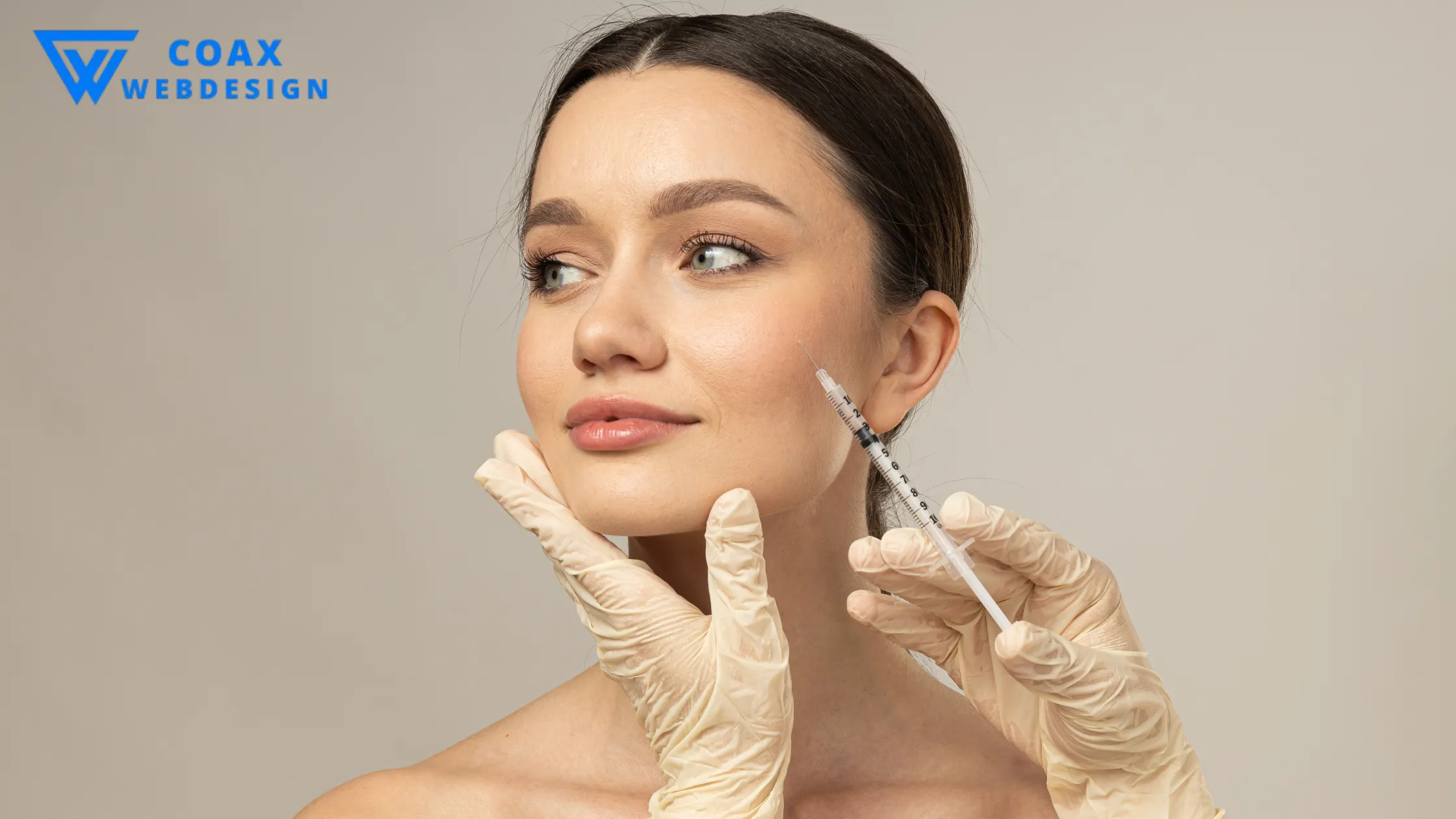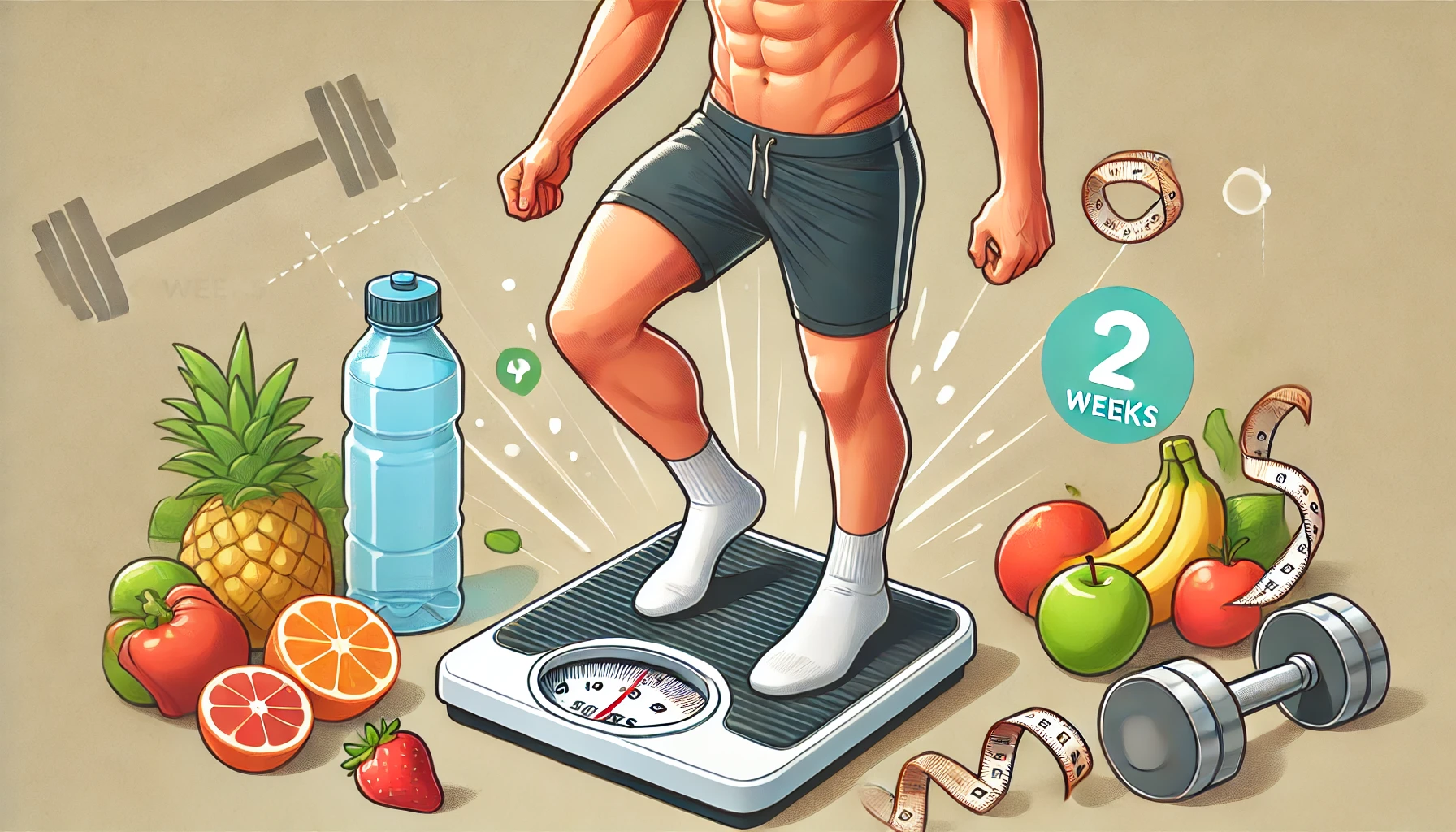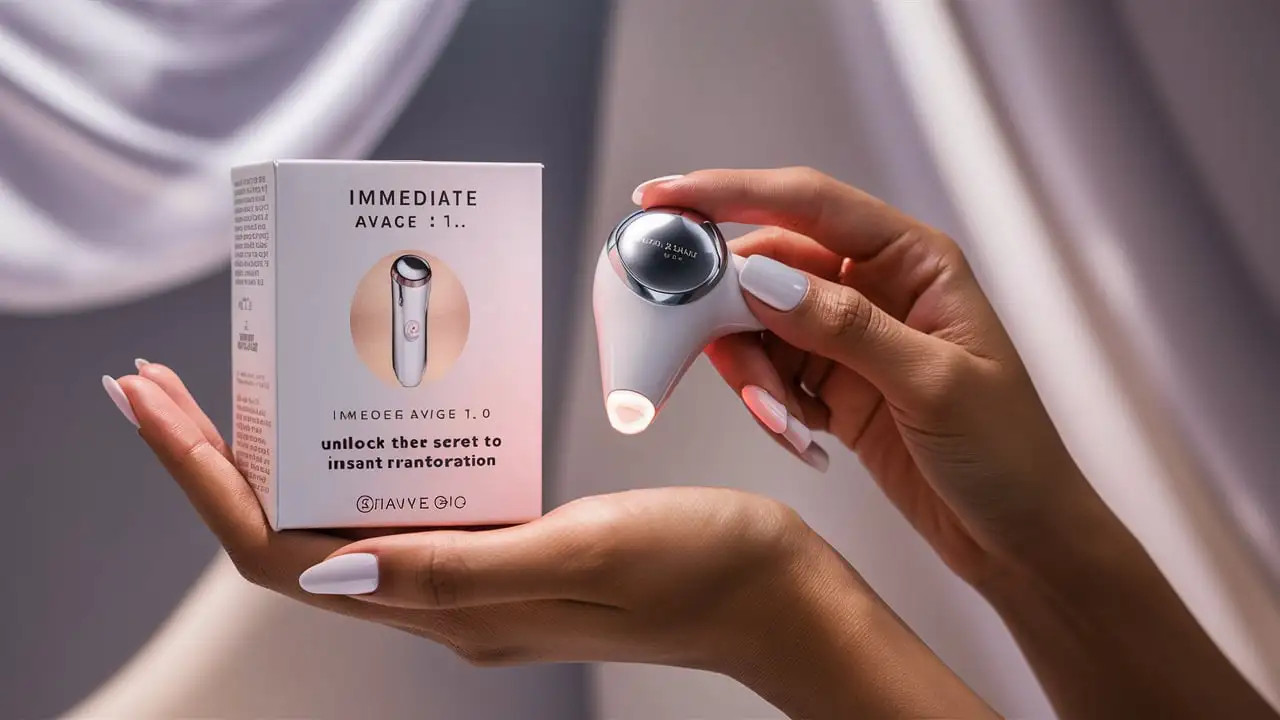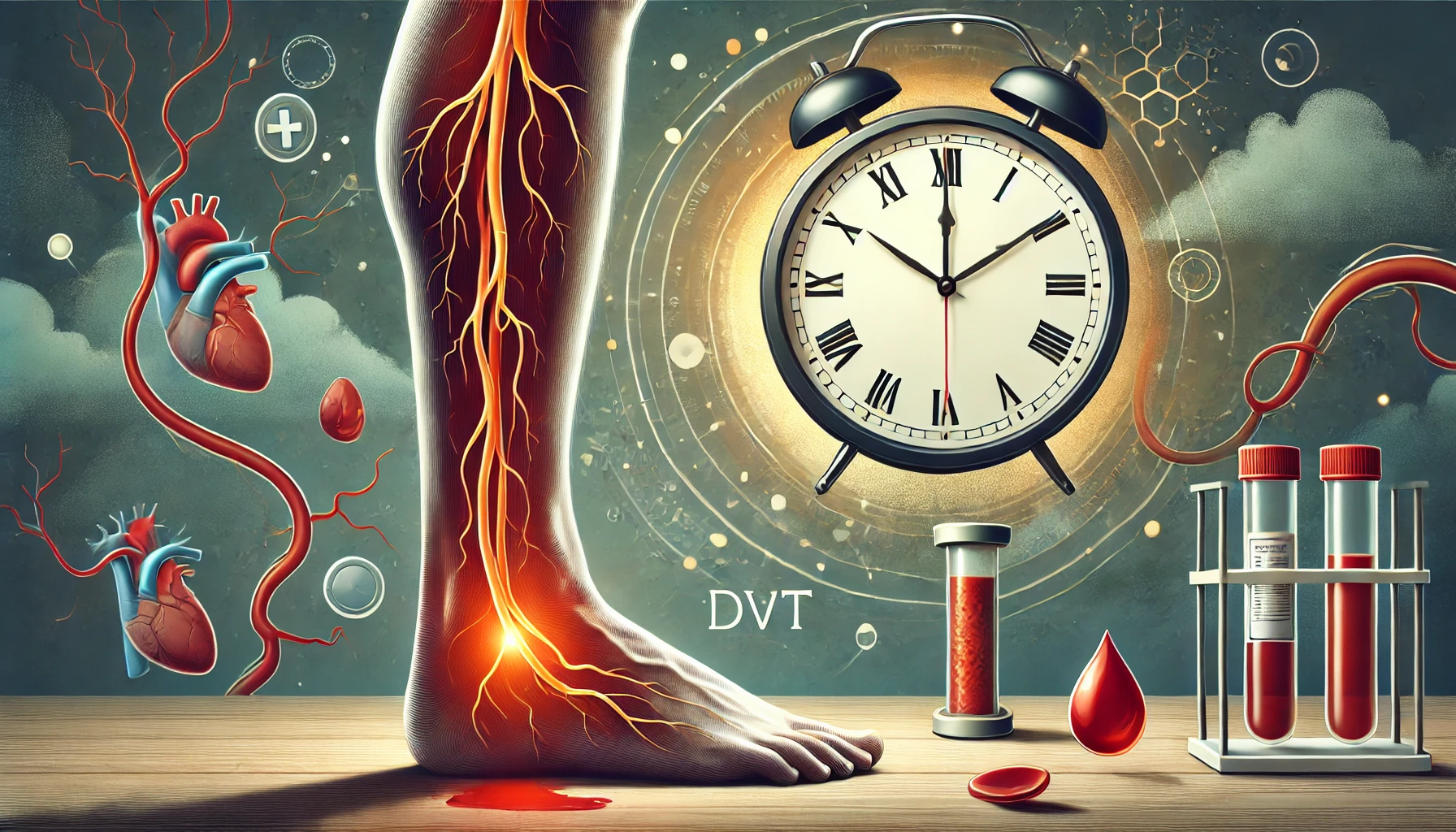Table of Contents
When considering Botox, one of the most important questions you might ask is, how long does Botox last? Whether you’re new to this treatment or have used it before, knowing the duration of its effects is key for managing your expectations and planning future Botox appointments. In this article, we’ll cover not only how long Botox lasts but also explore what affects its longevity, when you can expect results, and how to maximize your treatment to keep your skin youthful and smooth.
What is Botox?
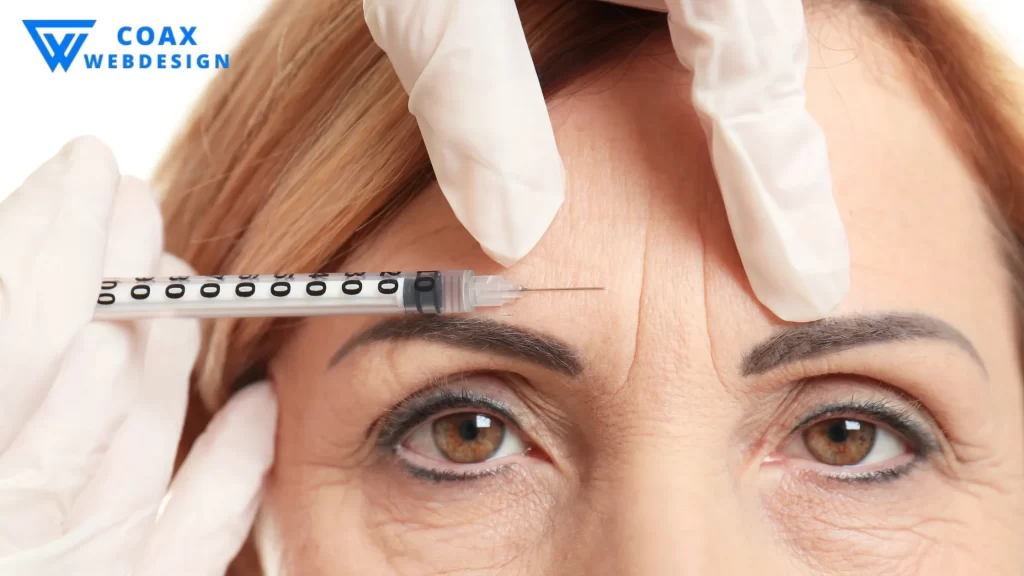
Before diving into how long does Botox last, let’s take a moment to understand what Botox really is. Botox is a widely popular cosmetic treatment used to reduce fine lines and wrinkles. It’s derived from a substance known as botulinum toxin. When used in small amounts, this purified form of botulism toxin temporarily relaxes muscles by blocking nerve signals. This process smooths out wrinkles, giving your skin a refreshed, younger look.
Beyond its cosmetic uses, Botox injections have been employed to treat conditions like migraines, muscle spasms, and excessive sweating. However, for this article, our focus is on its use as cosmetic Botox to enhance facial appearance by smoothing wrinkles and preventing new lines from forming.
How Long Does Botox Last?
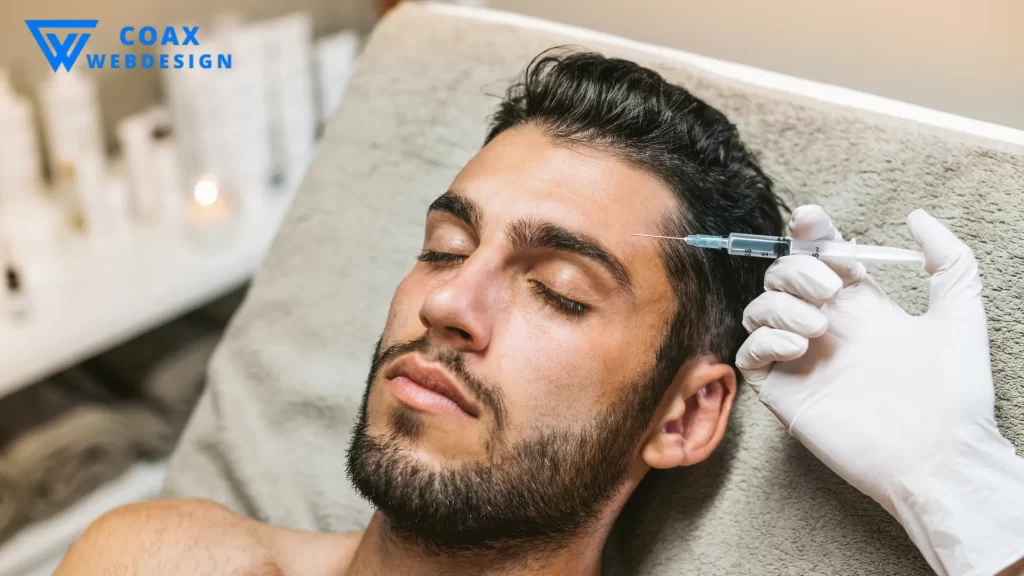
Now, to answer the burning question: how long does Botox last? On average, Botox treatments last between 3 to 6 months for the first treatment. However, with subsequent treatments, the duration can extend to 6 to 9 months. Most people notice their wrinkles beginning to return after about 3 to 4 months, with the effects completely fading after 6 months in early treatments. With more frequent Botox injections, your muscles may become trained to relax, allowing for longer-lasting results.
Why Does Botox Wear Off?
Botox works by blocking nerve signals to certain muscles, which prevents them from contracting. This leads to a temporary reduction in wrinkles. However, over time, the body metabolizes the Botox, and nerve signals return to normal. This is why Botox fades as time passes and is not a permanent solution. As the Botox injections gradually wear off, the muscles regain their ability to contract, causing wrinkles to reappear.
Also Read: How Fast Can You Lose 10 lbs? Discover the Surprising Truth
Factors That Affect How Long Botox Lasts
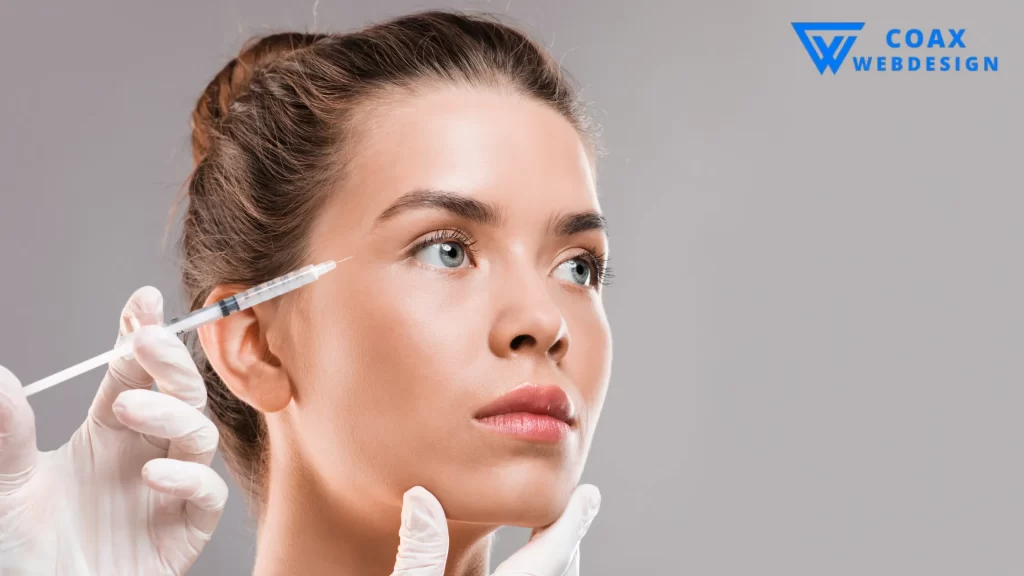
Many factors can influence how long Botox lasts for different individuals. Here are the key considerations that could impact your Botox treatment:
1. Metabolism
Everyone’s body processes Botox differently, and this is often influenced by metabolism. People with faster metabolisms tend to break down Botox more quickly, meaning their results may last closer to the 3 to 6 months range. On the other hand, those with slower metabolisms may enjoy the benefits for a longer period.
2. Area Treated
The location of your Botox injections plays a significant role in how long the effects last. For instance, Botox injected into areas with frequent movement, like around the eyes (crow’s feet) or the mouth, may wear off faster than injections in areas like the forehead. These high-movement areas cause the Botox to metabolize quickly.
3. Dosage
The amount of Botox used can affect its longevity. A larger dose can provide longer-lasting effects, while a smaller dose may wear off sooner. That said, it’s crucial to strike the right balance. Your healthcare provider will determine the correct dosage for you, ensuring your results are both natural-looking and long-lasting.
4. Age and Skin Condition
As we age, our skin loses elasticity, which can impact how long Botox lasts. Older individuals or those with more sun-damaged skin may notice their Botox results don’t last as long because their skin can’t “bounce back” as effectively. In contrast, younger individuals with more elastic skin may find that their Botox results last longer.
5. Frequency of Treatment
People who undergo regular Botox treatments may find that the length of time Botox lasts increases over time. This is because repeated treatments can “train” the muscles to relax more easily, resulting in longer-lasting effects. After several treatments, you may even notice your Botox injections last longer, stretching beyond the 6 to 9-month range for subsequent treatments.
Also Read: Cambridge Antibody Technology: Unlocking Revolutionary Medical Breakthroughs
How Soon Will You See Results?
While Botox offers fantastic results, they won’t appear immediately. Typically, you’ll start noticing changes within 3 to 5 days after treatment. However, it takes about 1 to 2 weeks for the full results to show. During this period, Botox continues to relax the muscles, allowing wrinkles to fade gradually.
It’s important to be patient and allow the treatment to work. The initial changes may seem subtle, but as the muscles relax further, the improvement in the appearance of fine lines and wrinkles will become more pronounced.
How to Make Botox Last Longer
Wouldn’t it be great if Botox could last forever? While permanent results aren’t possible, there are a few things you can do to extend the life of your treatment and make the most of your Botox injections. Here are some tips for maximizing your results:
1. Avoid Excessive Sun Exposure
Sun damage is one of the primary causes of premature aging and can also cause your Botox to wear off more quickly. To prolong your results, protect your skin from harmful UV rays by using a high-SPF sunscreen, wearing a wide-brimmed hat, and staying out of direct sunlight as much as possible.
2. Stay Hydrated
Proper hydration is essential for maintaining healthy, youthful skin, with or without Botox. Drinking plenty of water and using a good moisturizer can help keep your skin looking smooth and enhance the effects of your treatment.
3. Avoid Touching or Rubbing Your Face
After receiving Botox injections, it’s essential to avoid rubbing or massaging the treated area for the first 24 hours. Rubbing can cause Botox to spread to unintended muscles, reducing its effectiveness and potentially leading to uneven results.
4. Maintain a Healthy Lifestyle
A balanced diet rich in vitamins and antioxidants can promote skin health and potentially prolong your Botox results. Regular exercise can also improve circulation and overall skin tone, though it’s best to avoid intense workouts right after your treatment.
5. Schedule Regular Treatments
Instead of waiting for all the effects of Botox to wear off, schedule follow-up Botox appointments every few months. This helps maintain continuous results so that you don’t have to deal with the reappearance of deep wrinkles.
Signs That Botox is Wearing Off
As Botox begins to fade, you’ll start to notice a gradual return of muscle movement and the reappearance of wrinkles. Here are a few signs to watch for:
- Facial Expressions Return: You’ll notice more movement in areas where Botox was injected, such as your forehead or around your eyes.
- Wrinkles Reappear: Fine lines and wrinkles that were smoothed out by the Botox injections will begin to return, becoming more noticeable as the Botox completely fades.
- Tightness Fades: Any initial tightness you may have felt in the treated areas will lessen as the Botox wears off.
If you notice these signs, it’s probably time to book your next Botox appointment to keep your skin looking smooth and youthful.
Botox vs. Other Treatments
If you’re considering Botox, you might be curious about how it compares to other treatments for wrinkle reduction. Here’s a quick comparison:
- Botox vs. Dermal Fillers
- Botox relaxes muscles to smooth wrinkles, while dermal fillers add volume to areas like the lips and cheeks. Both treatments are effective, but they address different aspects of facial aging. Some people choose to combine both treatments for a more comprehensive approach to facial rejuvenation.
- Botox vs. Facelifts
- Botox is non-invasive and temporary, while a facelift is a surgical procedure that offers more permanent results but requires a longer recovery period. For those seeking a simpler solution without downtime, Botox is often the preferred choice.
Also Read: How Long Does Botox Last? Amazing Results Explained!
Anti-Botox Opinions: Debunking the Myths
There are some anti-Botox opinions that claim Botox freezes your face or results in an unnatural look. In reality, when administered by a professional, Botox provides natural-looking results, allowing for facial expressions while reducing fine lines. It’s all about finding the right balance to achieve a refreshed, youthful appearance.

